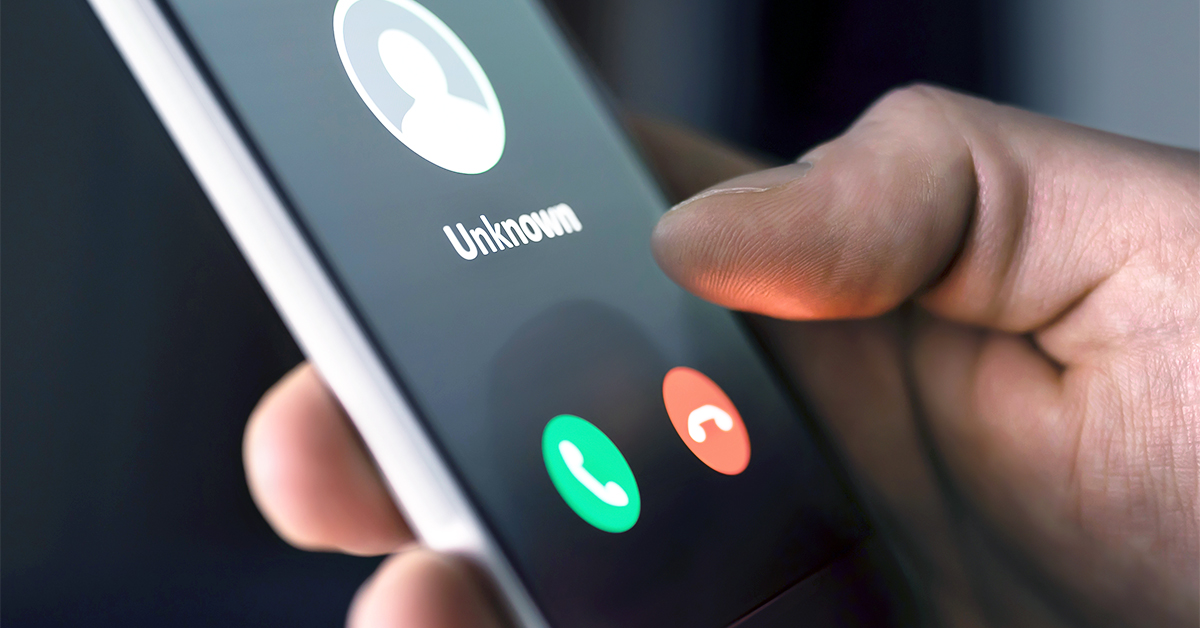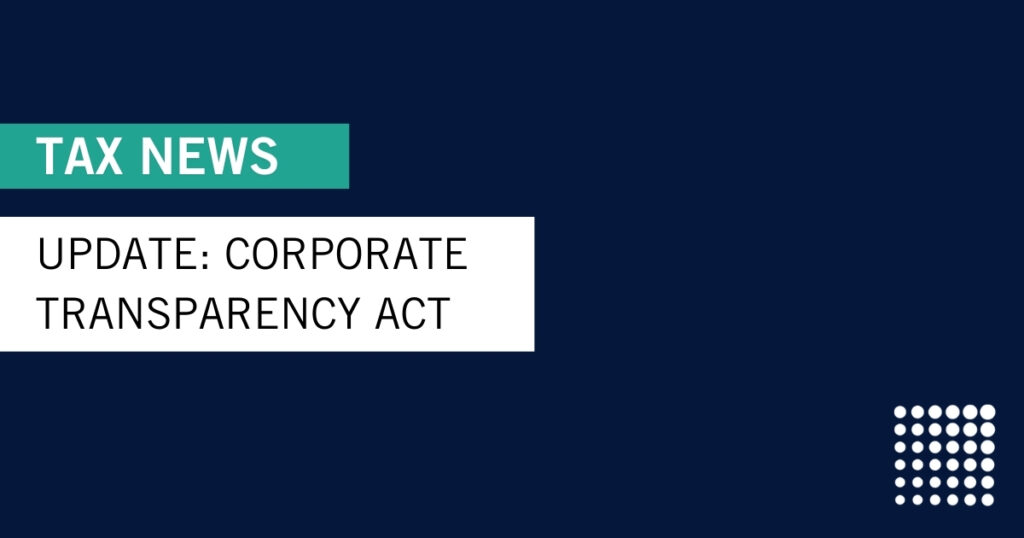What to know to avoid becoming a victim of fraud
Taxpayers should be on the lookout for IRS impersonation calls, texts and email phishing attempts about the coronavirus or COVID-19 Economic Impact Payments. These scams can lead to tax-related fraud and identity theft.
Here’s what to know to avoid it happening to you:
- The IRS will not call, email or text you to verify or request your financial, banking or personal information.
- Watch out for websites and social media attempts to request money or personal information.
- The official website is IRS.gov.
- Don’t open surprise emails that look like they’re coming from the IRS or click on attachments or links.
- Taxpayers should not provide personal or financial information or engage with potential scammers online or over the phone.
- Forward suspicious emails to phishing@irs.gov, then delete.
Additional details on Economic Impact Payments:
Government stimulus checks from the IRS will automatically deposit into the bank account taxpayers provided on their 2019 or 2018 tax return for a direct deposit of their tax refund. Anyone who is eligible for an Economic Impact Payment and doesn’t provide direct deposit information will receive a payment mailed to the last address the IRS has on file.
Official IRS information and consumer alerts about tax scams can be found on IRS.gov.
At CWA, our in-house tax department has your back to monitor the ever-changing tax law landscape, so you don’t have to. To schedule a tax consultation, contact our team here.














